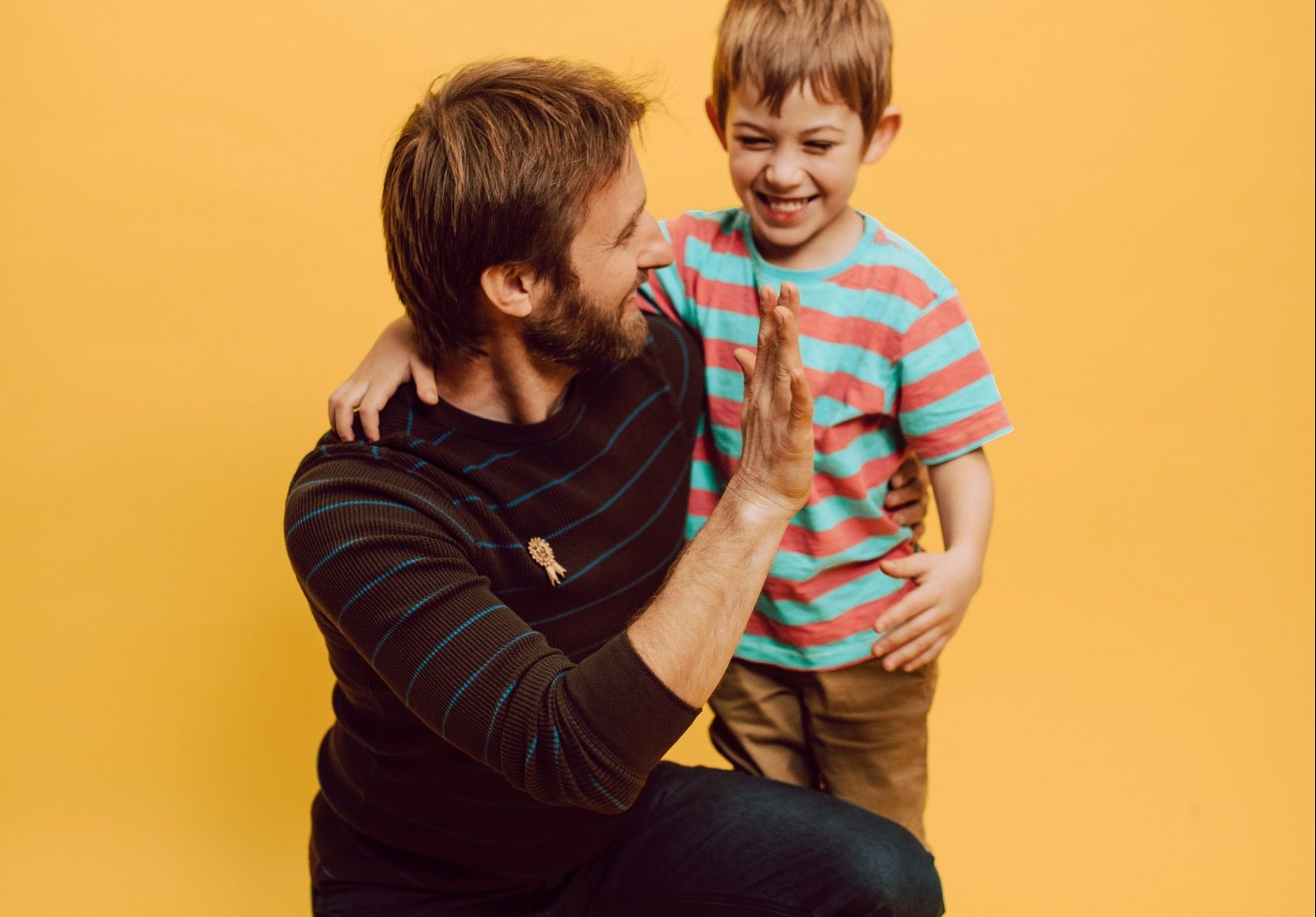
The middle of the year is often a time where people evaluate how they have progressed towards their goals so far. This is especially true of learning goals, as students are receiving their end of semester reports, the results of their exams and for Year 11s, are fast approaching subject selection for the final year of high school!
Children and young people often set big goals for themselves and easily become disheartened if things do not go to plan or they realise that they aren’t where they hoped to be by this point in the year. As a parent, it can be difficult to see your child dealing with feelings of failure, disappointment and sadness because of their results or ability level. However, these moments are an opportunity to help students learn how to manage their own expectations (and adjust their goals accordingly), handle disappointment and celebrate small successes.
Children are still learning how to process and handle their emotions, so when confronted with a setback or disappointment it can lead to a lot of frustration, emotional outbursts and disengagement from the task or goal. Rather than minimising their feelings of disappointment or trying to move them past their emotional response too quickly, it is helpful for parents to allow students to ‘sit with the feeling’ by validating their response and even commiserating. You can let them know that it is normal to become disappointed when something we were hoping for doesn’t happen and that everyone has felt like this at some point. You can even share a time when you have felt that way and what you did to manage it! Just like having a person say to you when you are frustrated ‘Just don’t let it annoy you’, trying to tell a child not to feel disappointed and to move on is likely to just make them grumpier!
We all generally evaluate our progress through outcomes and results – it’s how we know what is working and what has been achieved. However, when we fall short of a specific goal or get handed a curveball, we often end up dwelling on the milestones we didn’t hit and the fact that we failed to accomplish what we wanted. However, after sitting with our feelings and allowing ourselves to experience the disappointment, it is good to then evaluate what was achieved and the work that was put in. Trying hard and putting in effort is also an achievement and that should be celebrated. Students should be proud of the work they put in even if the outcome isn’t quite what they hoped for. Having the adults in their life show that they are proud of their hard work is a really important part of demonstrating the value of effort, care and determination.
Disappointment as a Learning Opportunity:
If your child’s goal was to go up a reading level in their class by the end of semester and they fall short of getting to this next step, you can help them reframe this and focus on the progress that was made. They may not have gone up a reading level, but maybe they are now reading more fluently than they were at the start of the year. While seeking to achieve that goal, what did they learn? Perhaps their reading fluency has improved or they started to enjoy reading more and became more willing to try new texts. Did they end up reading more than last year in pursuit of their goal? Did they become more curious about new books and find a favourite genre? The things learnt along the way, the new routines developed and the positive outcomes found while working towards a goal are often just as valid as the end result. Everything gained in the pursuit of a goal should be valued – and that journey should be celebrated!
Discussing what progress was made and what was learnt in the process should include the fact that achieving goals isn’t always easy and learning is often a winding path rather than a straight road to the finish line. Should we just give up completely when we don’t achieve exactly what we want? No, instead we should evaluate where we are in the process and work on creating small, manageable steps forward.
Avoiding the comparison game, while recognising that we are all different and that is ok, can be challenging – but talking it through can help build empathy for others and forgiveness towards ourselves. Perhaps some friends are working hard to achieve a skill that your child finds easy… maybe there are other classmates who would be thrilled to have progressed to where they have? Everybody learns differently, and tools to handle disappointment can help students to consider the goals, challenges and experiences faced by others and to understand that life includes setbacks as well as successes.
Teaching students to improve how they frame their goals can help them experience more success in the future. Many students use frameworks such as ‘SMART’ goals, and these can be worth reviewing. Making your goals simply-worded, clear, measurable both in terms of results AND efforts working towards them, and ensuring they are broken down into small, actionable steps, will make your child’s goals much easier to progress towards and keep track of. The reflection at the end will also be all the richer for having specific items that can be ticked off towards the progress of that goal.
https://www.psychologytoday.com/au/blog/the-power-prime/201106/parenting-disappointment-is-good
https://www.strengthheroes.com.au/blog-strength-heroes/highexpectations